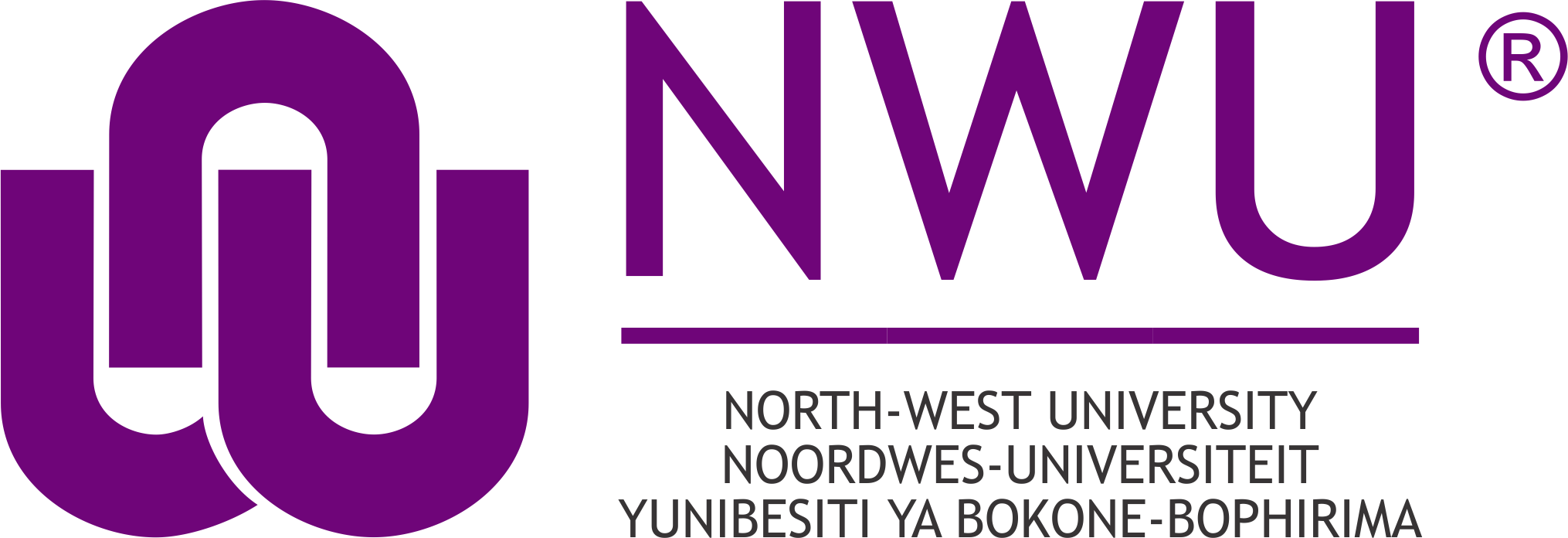NWU Mafikeng hosts international conference aimed at revitalising African indigenous concepts
The North-West University, in conjunction with Seboka, a non-profit organisation, hosted an international conference from 29 November until 1 December 2016, at Mafikeng Hotel School. The theme of the conference was: Revitalising African indigenous concepts in community partnership, education and research (CER) , driven by the endeavour to situate Africa's indigenous knowledge systems in perspective, providing African lenses for an African phenomena in order to locate the place of an Africa-centred consciousness in the global scheme of simmering discourses.
This conference is committed to bring cutting-edge scholarship to bear on red-hot engagements that will liberate academia from the sterile confines of university's yellow brick walls, in order to gauge knowledge generation against utilitarian benchmarks in society's existential dynamics. Therefore, the conference yields two main deliverables, namely to:
"Y Launch a virtual learning platform, inclusive of the commissioning of a foundation textbook to support the education of African Indigenous concepts and "Y Establish a regional hub for African indigenous scholarship, which will mediate gaps in community partnership, education and research.
As such, the conference brings under one roof community partners, practitioners, academics, experts, students and critics of African indigenous practices and a confluence of varied intellectual tributaries that probe Africa's contribution to world civilisations and the niche serviced by exploring the uniqueness of Africa's systems of knowledge generation, sciences, development and deployment. The conference is held under five main clusters, which will feed into the over-arching thematic focus.
These sub-themes are: arts and culture; health; and agriculture and science.
North-West University is delighted at the phenomenal platform to explore synergies in academia, the corporate world and the community which are all stakeholders and stockholders of the economy of knowledge generated and applied for humanity and nature's co-existence. Academic papers will be punctuated by cultural arts, community-engagement activities and indigenous African colloquia, which are an integral part of African ontology, epistemology and praxis.
